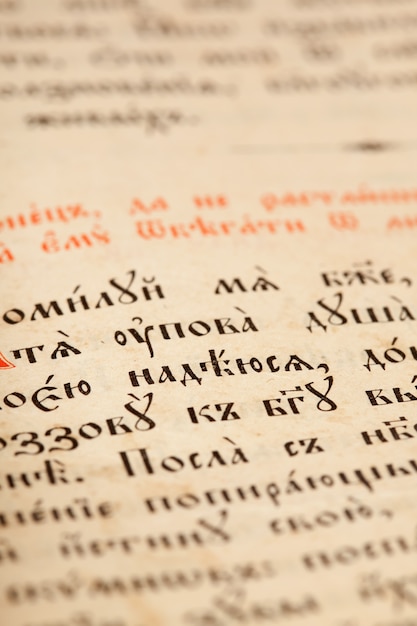Magna Carta – Interesting Facts and Historical Significance

The Magna Carta was signed in 1215 by King John of England.
It is one of the most influential legal documents in English history.
The Magna Carta is considered to be the foundation of individual rights and limited government.
It established the principle that no one is above the law, including the king.
The document guaranteed certain rights to all free men, such as the right to a fair trial.
The Magna Carta influenced the development of constitutional law in many countries around the world.
It laid the groundwork for the concept of habeas corpus, which protects individuals from unlawful detention.
The Magna Carta set the stage for future documents, such as the Bill of Rights.
It limited the power of the monarchy and gave more rights to the noble class.
The Magna Carta was initially intended to settle a dispute between King John and rebellious barons.
It established principles of due process and protection from arbitrary punishment.
The document included provisions on taxation and property rights.
The Magna Carta marked a shift towards a more democratic society.
It inspired the American Declaration of Independence and the United States Constitution.
The Magna Carta has been translated into multiple languages and is studied by legal scholars worldwide.
It was revised several times in the centuries following its signing.
The rights outlined in the Magna Carta were eventually extended to all English subjects.
Magna Carta – Interesting Facts and Historical Significance part 2
The document played a role in the development of English common law.
The Magna Carta declared that justice should not be delayed or denied.
It established the principle of legal equality and protection of property.
The Magna Carta has been celebrated as a symbol of individual liberty for centuries.
It became a rallying cry for opponents of absolute monarchy.
The Magna Carta is housed in the British Library and is carefully preserved.
It has been used as a legal precedent in countless court cases.
The Magna Carta influenced notions of freedom and human rights.
It has been referenced in literature and political speeches throughout history.
The Magna Carta is viewed as a cornerstone of Western legal traditions.
It is still considered a relevant and important document today.
The Magna Carta limited the power of the king to seize property without just cause.
It established the principle of legal representation and the right to a fair trial.
The Magna Carta set forth the idea that the monarchy should be held accountable to the people.
It signaled a shift towards a more rights-based society.
The Magna Carta is often described as the first written constitution in history.
It inspired the development of parliamentary democracy.
The document ensured that certain legal processes had to be followed before a person could be imprisoned or punished.
The Magna Carta helped establish England as a nation governed by the rule of law.
It served as a model for future declarations and charters across Europe.
The Magna Carta laid the foundation for the modern concept of human rights.
It has been cited and referenced by numerous legal scholars and jurists.
The document highlighted the importance of individual freedoms and liberties.
The Magna Carta has been celebrated in various commemorative events and exhibitions.
It remains a symbol of the struggle for freedom and justice.
The protections and rights outlined in the Magna Carta were eventually extended to all citizens.
The principles of the Magna Carta influenced the formation of government systems and constitutions worldwide.
It is one of the most enduring and significant documents in history, shaping the course of legal and political developments for centuries.

